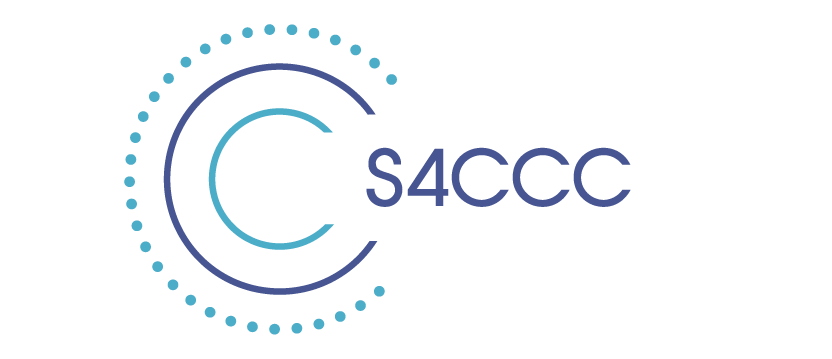The Challenge: The most prominent challenge to delivering our cleft programme in the Amhara Region was the emergence of the Covid-19 Pandemic. Elective surgery was postposed nationally from March 2020 – October 2020 so we were unable to mobilise patients for surgery and the forms of outreach work that were safe to continue were limited. When elective surgery started up again many parents of children were afraid of the Covid risk of taking their child to hospital or on transport to receive treatment. There are also challenges due to the geographical landscape, flooding in this region is a recuring issue, but the rainfall towards the end of 2020 caused a severe flood in the South Gondar Zone, causing landslides that destroyed people’s lively hoods. In a challenging environment, these factors combined meant that Project Harar had a large number of patients on their waiting list.
Project Harar organised a mass awareness raising campaign alongside an intensive mobilisation that spanned the course of two weeks, aiming to provide treatment for as many people as it was safe to do so. The threat of Covid-19 was managed firstly by awareness creation at a community level, programme officers lead socially distanced, outdoor seminars to local health workers and community leaders, which were about stopping the spread of coronavirus and the health misinformation around it. In turn the information was shared within the community, so when parents/guardians took their children for treatment they were aware of prevention strategies such as social distancing and hand washing. Face masks and other PPE were also provided to the families when they arrived at their nearest co-ordination centre and throughout their stay, patients were tested for Covid, accommodation was also provided whilst waiting for test results and throughout their stay in Bahir Dar – Amhara’s capital.
How was this overcome?
Several radio broadcasts were disseminated into communities to spread the message that surgery – and mobilisation would be available. In the most rural areas of the region, radio is the most likely source of news and the message was also broadcast in several different dialects. In addition to the broadcasting of the announcements, in partnership with the Amhara regional Health Bureau and Amhara Mass Media Corporation, clients and surgeons were interviewed for their feedback giving comprehensive coverage, which was broadcast in the region and put out on social media which had a national reach across Ethiopia and beyond. This part of the awareness raising campaign helped with over overall goal of trying to get more conversations started around cleft care and stigma against those with cleft conditions.
These efforts resulted in 157 patients coming forward for treatment, from the most rural and remote areas, 144 receiving surgery.
The success of our recent work in the Region of Amhara has been very much down to our increased focus on awareness raising through mass media, discussions about cleft on the radio and television broadcasts show people affected by cleft conditions that they are not alone.


